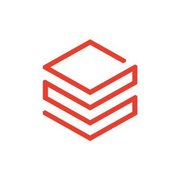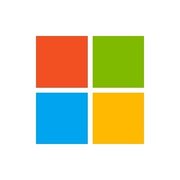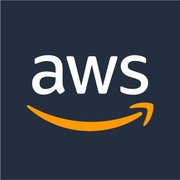Data Lakehouse Software
Data Lakehouse Software Overview
Best Data Lakehouse Software include:
Data Lakehouse Products
(1-8 of 8) Sorted by Most Reviews

Amazon Redshift
Amazon Redshift is a hosted data warehouse solution, from Amazon Web Services.

The Snowflake Cloud Data Platform is the eponymous data warehouse with, from the company in San Mateo, a cloud and SQL based DW that aims to allow users to unify, integrate, analyze, and share previously siloed data in secure, governed, and compliant ways. With it, users can securely…

Databricks Lakehouse Platform
Databricks in San Francisco offers the Databricks Lakehouse Platform (formerly the Unified Analytics Platform), a data science platform and Apache Spark cluster manager. The Databricks Unified Data Service aims to provide a reliable and scalable platform for data pipelines, data…
Learn More About Data Lakehouse Software
What are Data Lakehouses?
As businesses begin to use data from more and more sources simultaneously, it has become necessary to have repositories for large amounts of semi-structured data. These data sources are called data lakes. Data lakes allow for more flexibility in storage, at the expense of easy transaction support and schema governance. Though data warehouses allow for more control over the data, data lakes are an affordable way to store a lot of data from different sources.
A data lakehouse is an emerging technology that keeps the flexibility and openness of data lakes while expanding on their functionality to include some of the advanced features offered by data warehouses. Data lakehouses still hold data from many different sources, but they also allow for features more commonly associated with data warehouses, like concurrent data reading and writing, and additional support for data governance. These features enable real-time analytics tools that are becoming the norm in many industries. Data lakehouses are also highly scalable, allowing businesses to scale their compute resources up and down as needed.
The main benefit of a data lakehouse is a more affordable way to store disparate data compared to a data warehouse, without sacrificing the features like high-performance SQL.
Data Lakehouse Features & Capabilities:
The following features are common in Data Lakehouse solutions:
Schema support
Data reading and writing
End to end streaming
Transaction support
High performance SQL
Data Lakehouse Pricing Information:
Pricing for Data Lakehouses is highly dependent on the needs of the business. Most services allow users to turn compute resources on and off, so a diligent staff only has to pay for what they use. This also allows for simple scaling with a dynamic price point.




